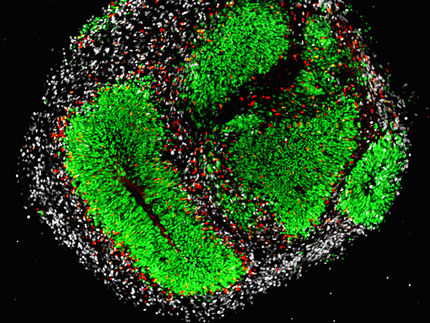New enzyme technology converts waste oils into biodiesel
Advertisement
Novozymes announced the launch of Novozymes Eversa®, the first commercially available enzymatic solution to make biodiesel from waste oils. The enzymatic process converts used cooking oil or other lower grade oils into biodiesel. Biodiesel producers can thereby reduce their raw material costs. The resulting biodiesel is sold to the same trade specification as biodiesel created through traditional chemical processing.
Growing demand for vegetable oil in the food industry has resulted in increased prices, causing biodiesel producers to search for alternative – and more sustainable – feedstocks. Most of the oils currently used are sourced from soybeans, palm or rapeseed, and typically contain less than 0.5% free fatty acids (FFA). Existing biodiesel process designs have difficulty handling oils containing more than 0.5% FFA, meaning that waste oils with high FFAs have not been a viable feedstock option until now.
The enzymatic process eliminates the need for sodium methoxide, one of the most hazardous chemicals in traditional biodiesel plants. The radical reduction of harsh chemicals and by-products ensures safety for both personnel and the environment.
Other news from the department research and development

Get the life science industry in your inbox
By submitting this form you agree that LUMITOS AG will send you the newsletter(s) selected above by email. Your data will not be passed on to third parties. Your data will be stored and processed in accordance with our data protection regulations. LUMITOS may contact you by email for the purpose of advertising or market and opinion surveys. You can revoke your consent at any time without giving reasons to LUMITOS AG, Ernst-Augustin-Str. 2, 12489 Berlin, Germany or by e-mail at revoke@lumitos.com with effect for the future. In addition, each email contains a link to unsubscribe from the corresponding newsletter.


























































